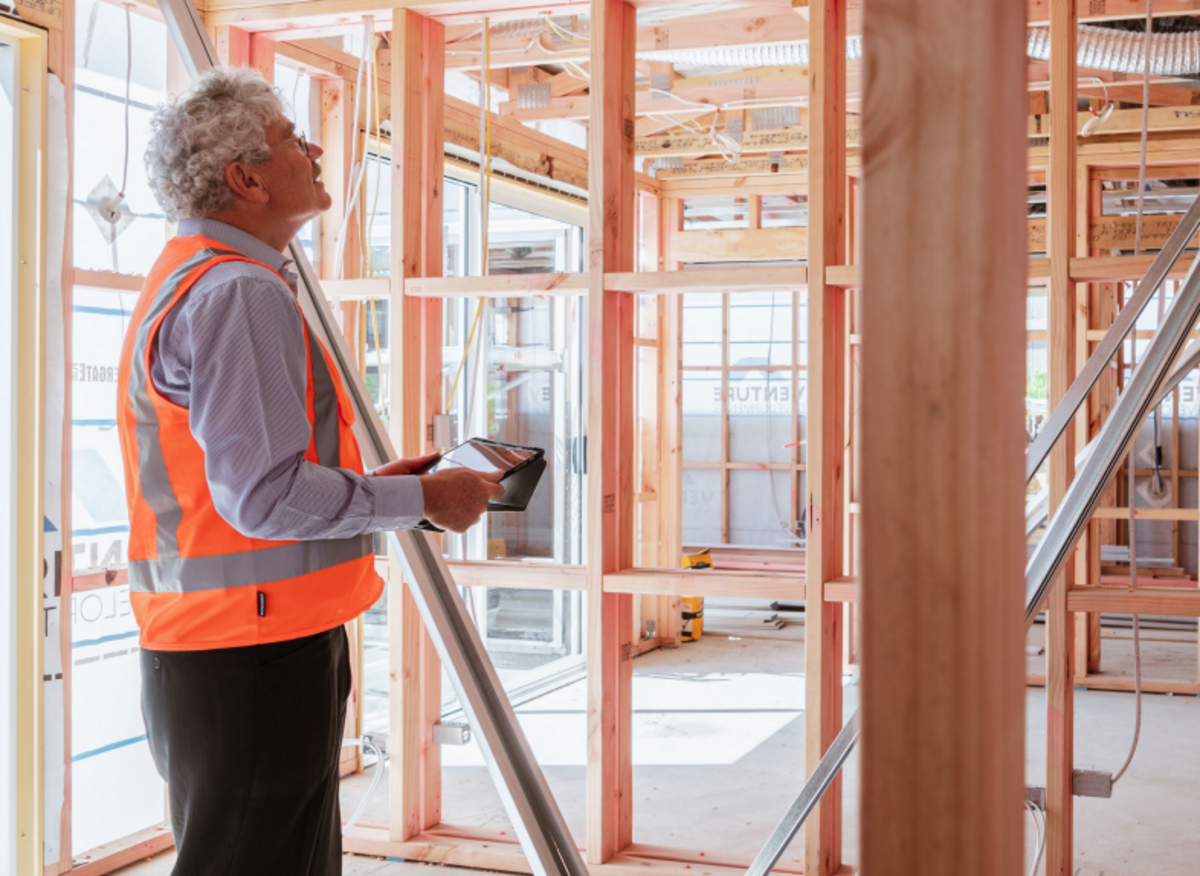Minor Building Consent Changes Now Easier
Staff Reporter
01 October 2024, 7:09 PM
 New Rules Aim to Simplify Building Plans
New Rules Aim to Simplify Building PlansGood news for Coasties looking to build or renovate! It’s now much simpler to make small changes to your building plans, thanks to recent regulatory changes announced by Building and Construction Minister Chris Penk.
Previously, builders and homeowners faced delays when making minor adjustments, such as substituting a product or altering the layout of a room.
Any change, however small, often required an amendment to the building consent, which added time and complexity to the process.
“We’ve made changes to regulations under the Building Act to clarify the definition of a ‘minor variation’ and introduce the concept of ‘minor customisation,’” Minister Penk explained.
“This will provide more flexibility for key players like architects, tradies, and homeowners.”
The new regulations aim to streamline the building consent process, allowing builders to focus on high-risk projects rather than paperwork over small changes.
One of the key benefits is the ability to substitute like-for-like building products more easily, which should lead to greater competition in the building supplies market.
This change follows a recommendation from the Commerce Commission's building supplies market study.
Additionally, the new rules will apply to MultiProof designs.
These pre-approved designs allow Building Consent Authorities (BCAs) to make decisions in 10 working days instead of the usual 20.
Homeowners can now make minor customisations to these designs without losing the benefit of faster approval and fewer bureaucratic hurdles.
The changes were first announced in May and are now fully in effect.
Minister Penk emphasised the government’s commitment to improving the housing process: “We’re committed to getting more Kiwis into affordable housing, and we’re looking at every stage of the building and consenting process for efficiencies.”
The reforms are part of a broader effort to simplify the building industry’s regulatory environment, which has often been criticised for being overly complex and slow.
FOR SALE


